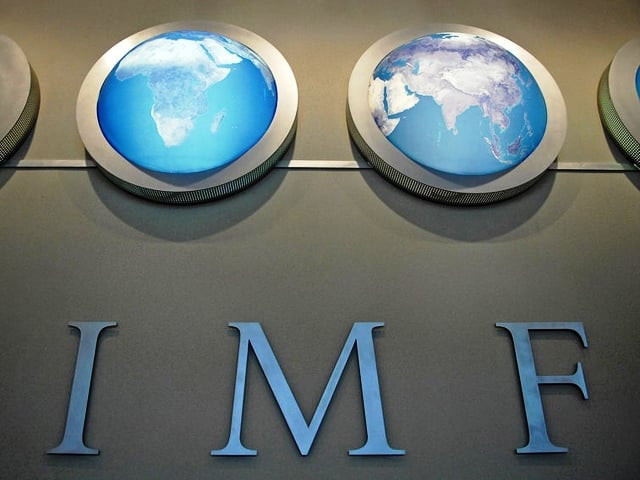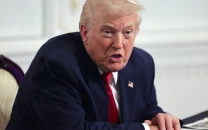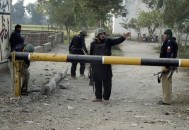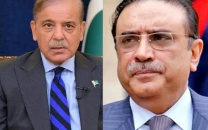IMF criticises petrol price hike reversal
IMF says subsidies are inefficient, untargeted and put burden on high income individuals and large companies.

IMF criticises petrol price hike reversal
The body criticised the fuel subsidies that the government will consequently be paying and said the money could be better spent on social programmes.
The International Monetary Fund has an $11 billion loan programme with Pakistan that depends partly on it making painful economic reforms.
"They (subsidies) are inefficient and untargeted so that the bulk of the benefit from the energy subsidy goes to higher income individuals and large companies," IMF spokeswoman Caroline Atkinson said from Washington when asked whether reinstating the subsidies would derail the loan. "We continue to work with Pakistan to see if we can reach agreement on measures that the government can put in place to put its economy on a sounder footing," she said.
Analysts also criticised the decision because they said it would negatively impact Pakistan's fiscal deficit. "This reinforces the feeling ... that political instability is beginning to affect economic decisions," said Sakib Sherani, an independent economist who recently resigned as the economic adviser to the government. "This is very regressive and there is no justification for it," he told Reuters. "We're not presenting any viable fiscal measures to counter the deficit." In 2008, Pakistan linked its domestic oil prices to international oil prices.
The decision to reverse the price hike means the government will have to provide a fuel subsidy, increasing its spending and widening its budget deficit by as much as 0.2 to 0.3 percentage points of gross domestic product in the 2010-2011 fiscal year, Sherani estimated.
A senior Petroleum Ministry official told Reuters that the reversal would cost the government around 5 billion rupees ($58 million) monthly. Combined with a delay in implementing a new reformed general sales tax, analysts said the deficit target of 4.7 percent of GDP for the current fiscal year would be almost impossible to achieve. This could imperil the remaining payments of an $11 billion International Monetary Fund loan to prop up the economy, which is contingent on ending subsidies and widening the tax base.
US Secretary of State Hillary Clinton said she warned Pakistan's ambassador to the United States on Tuesday against reversing the price increase. "We have made it clear, as I did in a meeting with their ambassador, that we think it is a mistake to reverse the progress that was being made to provide a stronger economic base for Pakistan and we will continue to express that opinion," Clinton told reporters at a news conference.



















COMMENTS
Comments are moderated and generally will be posted if they are on-topic and not abusive.
For more information, please see our Comments FAQ